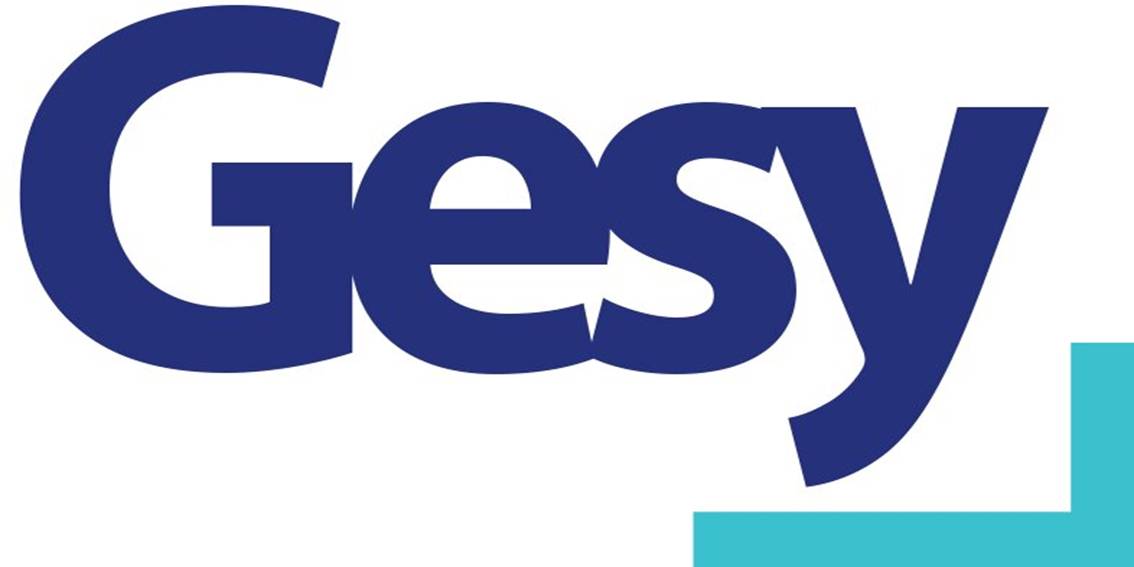The General Healthcare System (Gesy) of Cyprus
The General Healthcare System (Gesy) of Cyprus launched in 2019. Recent reports describe it as financially “robust” for the next seven years. This assessment highlights the system’s ability to provide comprehensive healthcare services without immediate financial challenges.
Financial Stability and Projections
Several factors contribute to Gesy’s financial robustness. The system has effectively managed its resources. The Health Insurance Organization (HIO), which oversees Gesy, maintains a healthy reserve fund. This reserve acts as a buffer against economic uncertainties. It helps the system handle fluctuations in healthcare costs and unexpected expenses, such as public health crises.
Projections for the next seven years show Gesy will generate enough revenue to cover its costs. Stable contribution rates from employees, employers, and the state support this. These rates are sustainable for contributors and adequate for the system’s needs.
The HIO has also implemented cost-control measures. These include negotiating with healthcare providers and monitoring medical service use. These steps prevent overutilization and ensure efficient resource management.
Challenges Ahead
Despite this optimistic outlook, Gesy is not without its challenges. The healthcare system must continually adapt to changing demographics, including an aging population that is likely to increase demand for healthcare services. The rising cost of medical technology and pharmaceuticals also poses a potential risk to Gesy’s financial stability. If these costs rise faster than the system’s revenue, it could strain the budget and deplete reserves more quickly than anticipated.

Another potential challenge is ensuring that all participants continue to contribute to the system as required. Economic downturns or high unemployment rates could lead to reduced contributions, thereby affecting the overall financial health of Gesy. The system also needs to guard against fraud and inefficiencies that could erode its financial base. Continuous monitoring and improvements in governance are essential to maintain public trust and ensure that funds are used effectively.
Sustainability Measures
To sustain its financial health beyond the seven-year projection, Gesy will need to implement strategic measures. These might include adjusting contribution rates as needed, improving efficiency in service delivery, and exploring alternative funding mechanisms. The HIO may also consider expanding its healthcare coverage or services, provided that such expansions are financially feasible. Investment in preventive care and public health initiatives could help reduce the long-term costs associated with treating chronic diseases, thereby easing the financial burden on the system.
Furthermore, transparency in financial reporting and decision-making will be crucial in maintaining public confidence in Gesy. By keeping stakeholders informed about the system’s financial status and the measures being taken to ensure its sustainability, the HIO can foster a collaborative approach to addressing any future financial challenges.
Conclusion
In conclusion, Gesy’s financial robustness for the next seven years is a positive indicator of the system’s stability and effectiveness in providing healthcare services to the Cypriot population. However, maintaining this stability will require ongoing vigilance, strategic planning, and adaptation to emerging challenges. By continuing to manage its resources wisely and planning for the future, Gesy can ensure its long-term viability and continue to fulfil its mission of providing accessible, high-quality healthcare to all residents of Cyprus.
You May Also Like This:
A Comprehensive Strategy for Rare Diseases in Cyprus: https://anatolikilemesou.com/?p=6678




